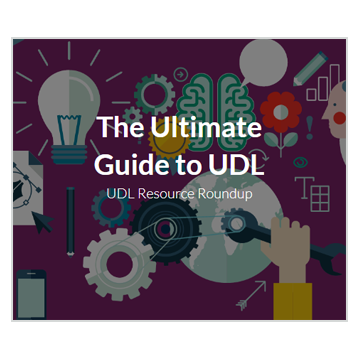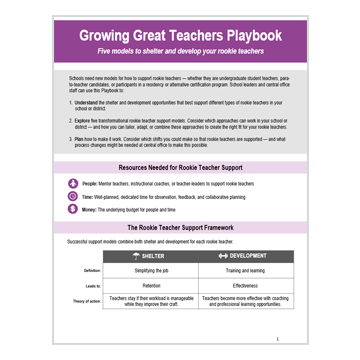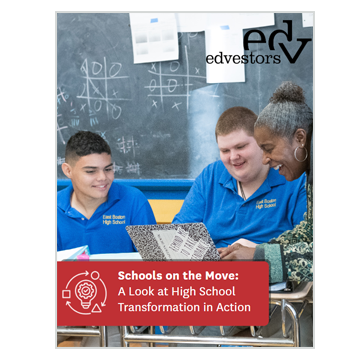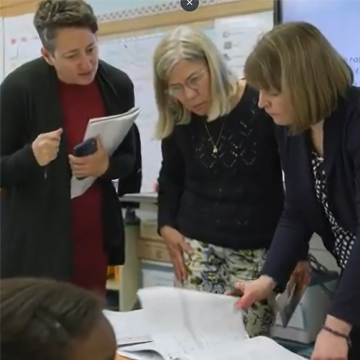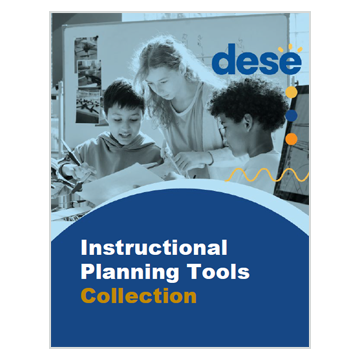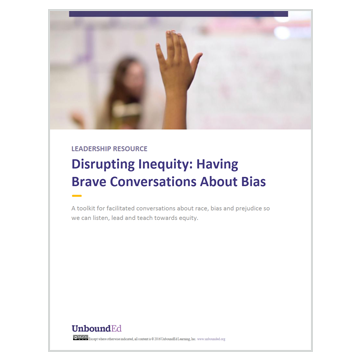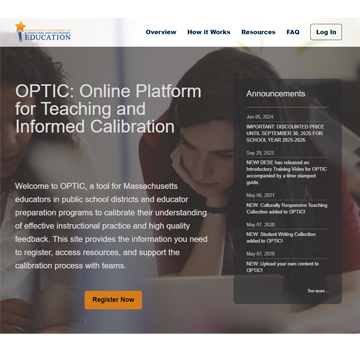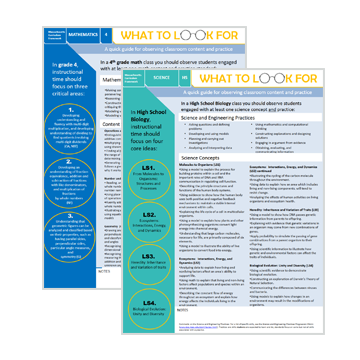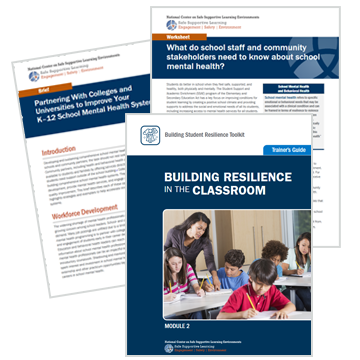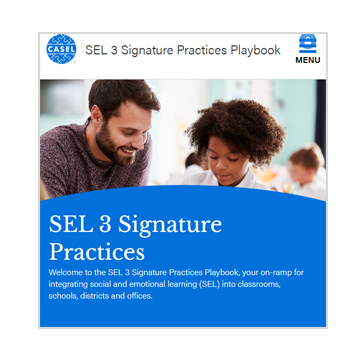Resource Profiles
New Resource Search
← Return to Find Resources | MTSS
Resource Results
The Ultimate Guide to UDL
This great round up of resources compiled by Katie Novak, a UDL leader in Massachusetts and beyond, covers a huge amount of territory: UDL basics and video explainers, common misconceptions, a UDL implementation rubric, a UDL assessment flowchart, what to look for to evaluate UDL implementation in classrooms, recommended books and much more.
New Teacher Toolkit: Support for New Teachers
This robust new teacher support resource collection includes a Growing Teachers Playbook with five models for sheltering and developing rookie teachers, a video featuring teachers talking about their first year as a teacher, a tool to assess if your school has established the conditions for growing great teachers, case studies, and much more.
Sustaining High-Quality Instructional Coaching in a Challenging Budget Environment
This practical resource compares the costs of different coaching models and options for shifting and prioritizing coaching investments.
Schools on the Move: A Look at High School Transformation in Action
Learn about high school improvement efforts at three Boston schools — East Boston High, 2023 School on the Move Winner, and two finalists, Boston Green Academy and Fenway High.
Curriculum Matters: IMplement MA Professional Learning Practices Video Series
Use this video collection to learn about ways educators in schools across Massachusetts are transforming professional learning using a variety of collaborative and lesson internalization methods.
Understanding the Impact of Poverty on Student Outcomes - LEAP Online Training Module
This online interactive training module was developed by DESE and guided by partnership work with LEAP districts and collaboratives. It is intended to deepen understanding of the impact that poverty can have on student performance.
Massachusetts Guidance for AI in K-12 Education & AI Literacy for Educators Training Module
This guidance and AI Literacy for Educators training module are designed to help districts that opt to move forward with AI develop thoughtful, responsible, and equitable approaches. Grounded in the Commonwealth’s educational vision, they offer a foundation for local policy development, educator training, AI literacy, and the creation of adaptive systems that evolve alongside emerging technologies.
DESE Instructional Planning and Observation Tools Collection
Use these tools to support deeper learning grounded in grade-level, real-world, relevant, and interactive learning. Tools in the classroom support observations, lesson and unit unpacking, and student work review.
Disrupting Inequity: Having Brave Conversations About Bias - Bias Toolkit
Tool kit created by UnboundEd that educators can use to facilitate a “brave conversation” about bias. Includes an overview of the 3-part conversation process, slide presentations with notes and resources, and activities you can use and adapt to support part of the conversation.
OPTIC: Online Platform for Teaching and Informed Calibration
OPTIC is a dynamic professional learning platform that supports educators to develop and refine a shared understanding of high-quality teaching and feedback using over 100 videos of classroom instruction aligned to the MA Curriculum Frameworks and the Model Classroom Teacher Rubric.
What to Look for Observation Guides: Science, Technology, Engineering, and Mathematics
These grade and content-specific What to Look For (WtLF) Observation Guides are designed to support observations of classroom content and practice. They highlight what the teacher and students should be doing in a standards-aligned classroom.
National Center for Safe Supportive Learning Environments Resources
The National Center on Safe Supportive Learning Environments (NCSSLE) is a training and technical assistance center funded by the U.S. Department of Education to address factors that result in disciplinary problems, poor conditions for learning, and educator burnout. NCSSLE has developed a number of tools, online modules, and other materials related to these topics and more.
SEL 3 Signature Practices Playbook
Integrate social and emotional learning throughout the day, in classrooms, during professional learning, and in meetings. This guide focuses on three areas, with 10-15 specific examples for each: Inclusive Welcome, Engaging Strategy, and Intentional Close.
← Return to Find Resources | MTSS
